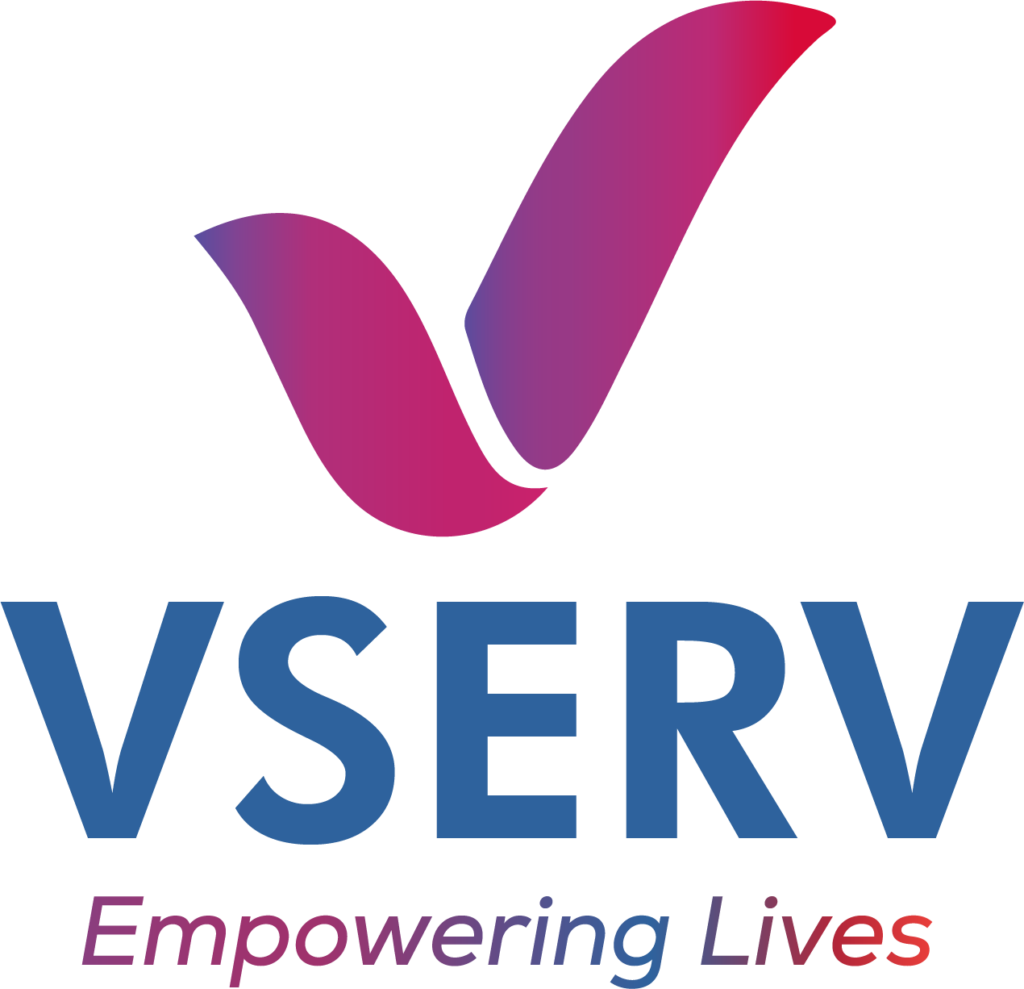What are some of the successful sales and marketing strategies in the Insurance sector? How
do you listen? Why do you listen to the customer?
What questions can you ask the customer?
How do you connect with the customer?
some of these pertinent
questions about the sales, marketing strategies, and various approaches and dimensions to
think about in the Insurance sector.
If the product strategy of multiple successful product masters were known and studied, then one
would aspire to emulate them. One of the most vital attributes or qualities is the superior
mastery of mapping the customer needs and wants with the specific financial / insurance
products features being offered by a particular company.
At times, you are so enamored by your product that you don’t care about the objections coming
from another person. You become so excited by your product and its features that you fail to
listen, pause, reflect, and then respond.
Some people have a base story around their product which makes them sell it on a good scale.
This is one way of selling. Well, it can’t be judged as right or wrong, at least it ignores the
need-based selling.
Now the second aspect is the most important thing that we learn in our school or the insurance
school, which is to understand the need of the customer. While understanding the needs of the
customer, you have to ask questions. You don’t have to tell them about your product. You may
talk about your company, but don’t talk about your product at that moment. You have to
understand their profile, the context, and their background.
Is there any pre-existing disease or
not? What is the family size? What is their income and its source? What are their aspirations?
What are their objectives? How have they planned for those goals?
Where have they parked
their money, how their money is working for them. Whether it is in fixed deposits or it is in the
stock market, mutual fund, or bonds. All these things matter to build a holistic picture and get a
comprehensive context.
Once you have understood the customer and their needs, you need to deliver some pointers.
For example, in 15 years, you will need your daughter’s education. Or after 20 years you’ll have
to get married. So basically here we are expecting the money estimate required at that
particular time.
Certain people are clear about their goals and actions as we speak. Yet they are not very clear
about what is the cost of a marriage today? Or what is the cost of a higher education tomorrow?
These questions are important and have a strong base only if asked from the customer. If the
customer starts asking you these, then he/she is overpowering you. But if you are asking the
right questions, then you are putting yourself in the shoes of the customer. And the more you
capture the mind and context as a customer, the more you talk in terms of what the customer
requires and you build the product around that. And once you are successful in that then you
may sell one product or maybe multiple products which satisfy the needs of the customer.
To succeed in the market you need to follow an effective-based strategy. Some of the top-selling
advisors in the country are product masters who build stories about the products that they are
excited about. Well, this can’t be classified as either wrong or right. But in doing that, one must
not forget the needs of the customer.
Don’t go on overpowering the customer so much. It may come back on you. The customer may
not pay the renewal next year. The customer may lose his money for one year or anything. And
we don’t want that, do we?
We want consistency. We want a 100% renewal rate. We want the customer to be happy and
minded. We are a Tata company. To accomplish leaders analysis will need-based selling and of
course to master some of the problems

Menu

Vserv became the largest Business Associate of
Tata AIG (now AIA) Life across the country
and remained so for the next 8 years.